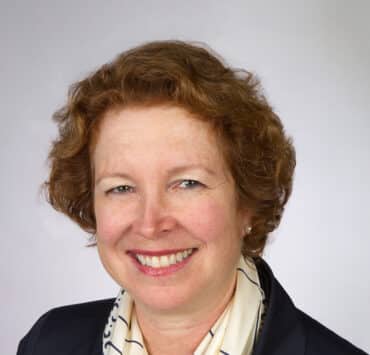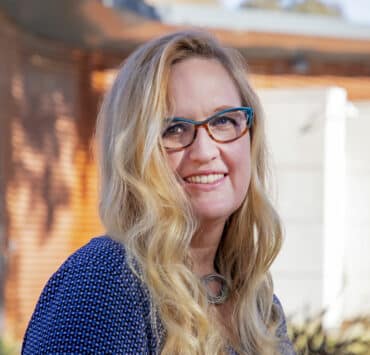|
Getting your Trinity Audio player ready...
|
“Whenever I walk into a conference room or a courthouse, the first thing people see is a person of color and the second thing they see is a woman.” That’s how Eileen Letts responds when you ask her about her experience as a Black female lawyer. She’s unhurried and frank in her assessment, commenting with the wisdom one only compiles after forty-five years in practice.
Letts is a partner at Zuber Lawler, a large and selective law firm with forty attorneys who represent top clients, including fifteen on the Fortune 500 list. She started her career in Chicago in 1978 and just five years later, she served on the team that helped the city’s first African American mayor, Harold Washington, transition into office. Letts was also the first African American and first woman of color to chair the Young Lawyers Section of the Chicago Bar Association.
The cohort of ten thousand professionals was one of the nation’s largest, and during her term, Letts sponsored a job fair for minority lawyers and formed partnerships to provide advice and legal services to incarcerated women. She later helped create a law explorer program that brought high school students from disenfranchised groups into courthouses, where they had the opportunity to observe and interact with judges and lawyers.
These early projects and moments set a tone that continued through Letts’s entire career. She represented the City of Chicago as an assistant corporation counsel and then joined Jones Ware & Grenard, a well-known and highly respected minority-owned firm. She became a partner in less than four years and left to start Greene and Letts with Martin Greene.
“Black women are often seen as too aggressive, and we constantly have to prove ourselves no matter how good we are.”
Eileen Letts
Greene and Letts became a respected minority-owned firm in its own right as the partners worked to represent clients in civil matters. Letts took advantage of the opportunity to hire and mentor other women and people of color as she battled the implicit bias and frequent stereotypes that come with life as a Black female lawyer. “Black women are often seen as too aggressive, and we constantly have to prove ourselves no matter how good we are,” she says. “The profession as a whole has made progress but it’s been a constant battle.”
As she and Greene solidified their reputation, they learned some hard truths about what it means to operate a minority-owned firm. Some companies and institutions will hire minority firms once to meet internal mandates but remain reluctant to give repeat business. Others will go to Black firms only with lower value, “garden variety” work. Even after thirty years, Letts says she still must remind her peers, counterparts, and prospective clients just what she and her colleagues are capable of.
“It’s not enough to have one advocate or one diversity champion because that person will leave. We need to see lasting commitment.”
Eileen Letts
Despite the challenges, Letts has seen—and has been part of—much progress. In 2015, she served as cochair for ABA President Paulette Brown’s Diversity & Inclusion 360 Commission to analyze and address these issues in the profession. They wrote a report and introduced special resources that include a model diversity inclusion plan and implicit bias training. The commission also created a National Pipeline Diversity Initiatives Directory and revised rules of professional conduct to strengthen anti-harassment and antidiscrimination provisions.
In 2016, Greene and Letts agreed to join Zuber Lawler, and Letts is using her new platform to make sure others consider issues related to diversity, equity, inclusion, belonging, and justice. “Corporations and others are more interested in being inclusive today, but we have to push for structural changes,” she says. “It’s not enough to have one advocate or one diversity champion because that person will leave. We need to see lasting commitment.”
Letts has a longstanding relationship with the National Association of Minority and Women Owned Law Firms (NAMWOLF) and now sits on the organization’s board of directors. NAMWOLF helps affiliated law firms strengthen partnerships with corporations and encourage them to increase their retention of women and minority-owned firms.
“This work matters today because businesses are showing greater interest than ever before and we can seize the moment to institutionalize diverse mandates,” Letts says. She advocates for clear diversity spending goals tied into bonuses and written into company policies.
Firms also have work to do internally. Letts and her colleagues are pushing their peers to give minority lawyers more resources and greater opportunities. In fact, 71 percent of Zuber Lawler’s equity partners are people of color.
After decades of experience, Letts is optimistic. She’s seen progress but knows there’s room for improvement. She hopes others who follow in her footsteps will continue to push for change.
“If you want to make a career in the legal field as a woman or minority, you should go for it,” Letts says. “You should go for it . . . but make sure you have a good support network as you fight for opportunities and prove that you belong.”


